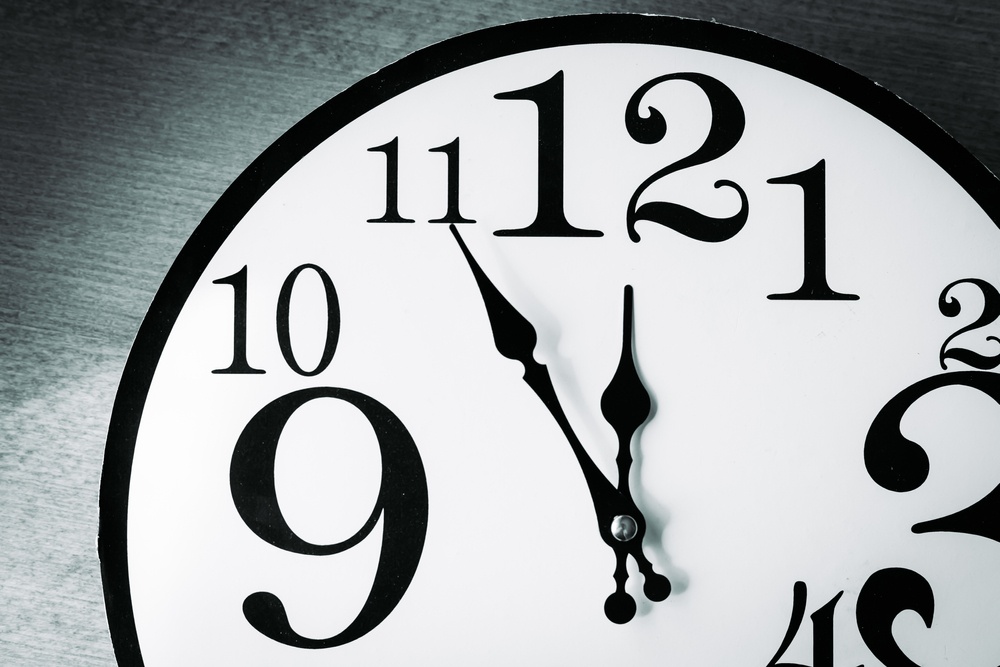
Masechet Bava Kamma begins by describing one’s responsibility to pay for damages caused by one’s animals. It then discusses damages one indirectly causes through leaving objects in the public square or causing a fire. In the above cases the owner must pay for damages caused but no more.
This is followed by a discussion of the laws relating to a thief where one normally pays double the value of the object stolen though in a case of a stolen and subsequently sold or slaughtered ox one would pay five time the value of the animal.
The eighth chapter of Bava Kamma moves from damages to property to damages to person discussing the laws of assault and battery. No longer is it enough to pay for direct damages caused. “One who injures his friend[1] pays damages, pain and suffering, medical bills, loss of employment and embarrassment.” (Bava Kamma 83b)
In our secular system of law, punishment is assessed – in theory – according to the crime committed, irrespective of the perpetrator or the victim. While there may be a range of possible punishments these are related more to particulars of the crime itself and not to those carrying it out. Repeat offenders will be treated more harshly but that too is not person or status specific. All repeat offenders are treated more harshly regardless – in theory – of social status. And surely the status of the victim makes little difference in assessing punishment[2].
This philosophy of treating everyone the same stems, I would argue, from the fact that crime while impacting the victim the most is first and foremost an assault on society. It is the law of the land that is being violated and it is the State that metes out punishment. And in a democracy all must be treated equal.
In Jewish law assault is primarily a crime against the individual. While it is also a crime against society our primary focus is on the victim. It is for this reason that Judaism eschews a penal system, opting instead for compensatory damages. But as no two people have quite the same wealth, or even the ability to earn the same, the penalty will vary from case-to-case and from person-to-person.
The first of the five categories of payment is nezek, damages. The Mishna explains that damages are calculated by imagining the person before us is a slave. One must pay the difference between the person’s value on the slave market before the injury and after. Or put in modern terminology it would be the difference in earning power of the victim. If one permanently damaged the arm of a baseball pitcher one could be looking at damages in the hundreds of millions of dollars[3]. If you are going to break someone’s arm may I suggest you find an accountant.
Putting a monetary value on pain and suffering is no easy task. The Gemara rejects the idea of estimating how much money a person would demand for say removing his arm. It is difficult to distinguish between an amount for pain and suffering and amounts one would want for potential embarrassment. Moreover many – I would hope most – would not take all the money in the world to lose an arm or an eye.
Rather compensation is calculated in a reverse fashion, namely how much would a person pay so that one not remove his arm. This is presumably a much lower sum. While one may not take any amount of money to let their arm be chopped off one might also not give up his entire wealth to save that arm. While the result is the same – the loss of one’s arm - there is a huge difference, at least psychologically between not making money and losing money.
The payment of shevet, lost wages for days not worked is correlated to nezek, the loss of value i.e. earning potential due to the injury. In a case of permanent injury nezek would involve calculating all future lost earnings as discussed above. In such a case shevet would involve payment for some menial labour – the example of the Gemara is one who guards a cucumber field. If the damages were not permanent then shevet would be the lost wages during the time of injury. Cause an average major league baseball player to miss a season and you are out some $4,400,000.
Paying for the medical expenses, ripui, resulting from the injury seems simple enough. Yet two major points of Jewish thought and law arise from the Talmudic discussion of the obligation to pay ripui. “A student of the school of Rabbi Yishmael taught: ‘and he shall heal, heal him’ (Shemot 21:19) from here was given permission for the physician to heal.” (Bava Kamma 85a) Even those with the most rudimentary knowledge of Judaism know that we can do (almost) anything to save a life. The idea that we would need explicit permission from a biblical verse seems almost absurd, so ingrained is the notion of the sanctity of life. Yet it took a biblical verse to allow the practice of medicine lest one argue what right do we have to heal if G-d makes sick? We dare not, one might logically argue, interfere with the will of G-d. Yet interfere is what we are not only allowed to do but are in fact obligated to do.
And pay for medical bills he must. If the perpetrator offers to heal the victim himself, the victim can understandably reject such an offer. And if he offers the services of another doctor who will heal at no charge that too can be rejected with the argument that “a doctor who heals for nothing is worth nothing.[4]” One truly gets what one pays for.
In what was way ahead of its time the Torah imposed a fine for embarrassing others. This is a somewhat subjective amount with it being determined “according to the embarrassor and the embarrassed.” Slapping the Queen of England will cost you more than slapping some unknown accountant (nothing against accountants….) and being slapped by the Queen will earn you some more than a slap in the face from the accountant.
[1] The expression hachovel bechaveiro is likely just a convention of speech with chaveiro, literally a friend, the standard nomenclature for another person. Yet it is worth noting that in most cases of violent crime the victim and the perpetrator know each other and often were at one time good friends.
[2] While many jurisdictions will mete out greater punishment for crimes against police officers this too has less to do with the individual victim and much to do with the fact that they represent the State and attacking them is a greater attack on the laws of the land.
[3] Clayton Kershaw who has won three Cy Young Awards is in the midst of a seven-year $215,000,000 contract. That total is still $16,000,000 less than David Price will make during his seven-year contract. You sure do not want to mess with their arms.
[4] This is especially significant when one considers that in theory a doctor may not be paid as the act of healing is a mitzva and one is meant to do mitzvot voluntarily. Theory is nice but in the real world we must ensure that those providing vital services, be they doctors or teachers, are paid appropriately.


